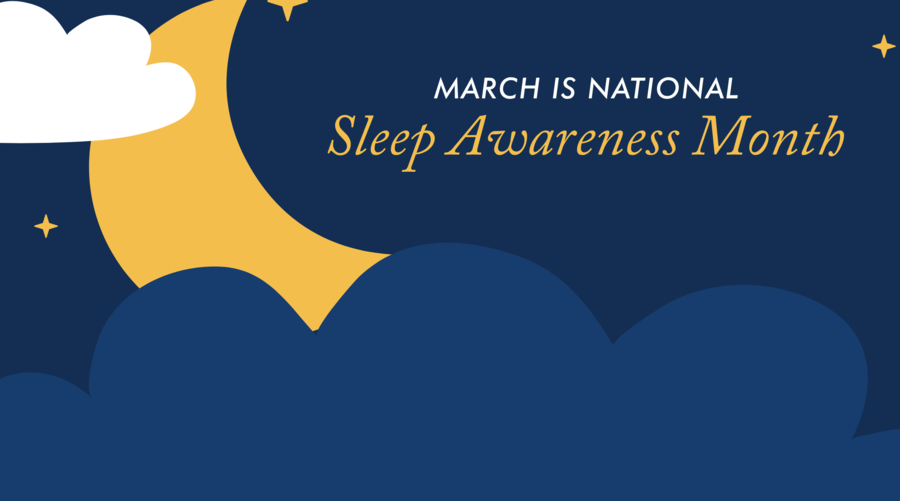
Did you know that about three-quarters of people have a bedtime routine they stick to before hitting the hay? Now that we are into the first quarter of 2024, today let’s review how we rounded out the 2023 sleep trends in the United States.
The National Sleep Foundation experts recommend that adults get 7 to 9 hours of sleep each night. But still, one in five people say they rarely or never wake up feeling rested which remains similar to the end of 2022.
What is keeping people awake at night?
Nearly 9 out of 10 adults and 3 out of 4 kids have some kind of electronic gadget in their bedrooms. This number is consistent with what people said last year, except more were napping during the day instead of pulling all-nighters.
This year, respondents confessed that their worst sleep habits include going to bed at different times, scrolling through screens in bed, overeating before bedtime, falling asleep with the TV on, and even pulling all-nighters.
Many felt current events were a heavy cause of their stress. The biggest concerns on people’s minds these days revolve around the increasing cost of living, the ongoing coronavirus pandemic, gun violence, climate change, and the upcoming presidential election. It’s almost identical to last year’s list, with just one addition—the impending presidential election.
Behaviors and Disorders Rounding Out 2023
This year’s survey revealed that a significant portion of respondents experienced various sleep disorders. Almost half of them reported suffering from insomnia, which disrupts falling asleep, staying asleep, and getting restful rest. Additionally, a quarter of participants mentioned experiencing restless legs syndrome, characterized by a compelling urge to move one’s legs, while nearly one in five people admitted to dealing with sleep apnea, a condition marked by interrupted breathing during sleep. Both of these conditions can contribute to a decline in sleep quality.
Despite the majority of respondents preferring to share a bed with their partner (67%), a significant number (one in three) opt to sleep separately. Dubbed “sleep divorce,” this trend has gained traction over the past year. It’s found to be advantageous for couples with divergent sleep preferences.
For instance, if one partner prefers a cool, quiet setting while the other prefers warmth and background noise, sleeping separately can enhance the quality of sleep for both individuals. Improved sleep quality often translates to better communication and intimacy among couples, making separate sleeping arrangements a mutually beneficial solution.
“Scandinavian sleeping” is gaining popularity as couples opt for individual-size duvets instead of sharing one large one. This approach lets each partner select a comforter tailored to their sleep preferences, minimizing disruptions during the night. While most Americans (59%) still share a duvet, 41% prefer their own. Regardless, couples can enjoy the benefits of co-sleeping, including reduced stress, deeper sleep, and improved emotional well-being.
Quality sleep is crucial for overall health, affecting everything from mood to long-term illness prevention. Investing in a good mattress, bedding, and pillows, along with consistent bedtime routines, can significantly improve sleep quality. Despite ongoing economic worries and political stress, emerging trends such as sleep divorce and Scandinavian sleeping offer promising solutions to combat disrupted sleep.
With the Alaska Sleep Clinic, there are many options to help define your sleep deficiencies. A free consultation is available today with one of our qualified doctors. Review our next article to view more about 2024 sleep-related topics trending.










